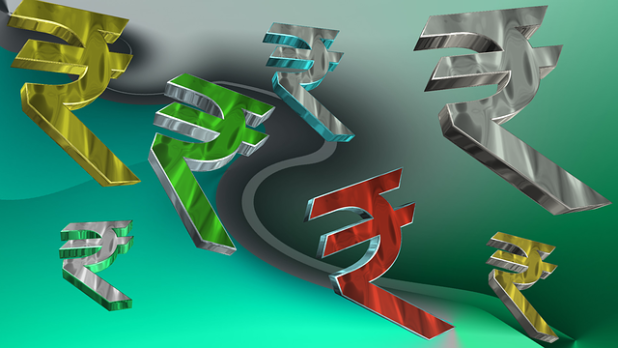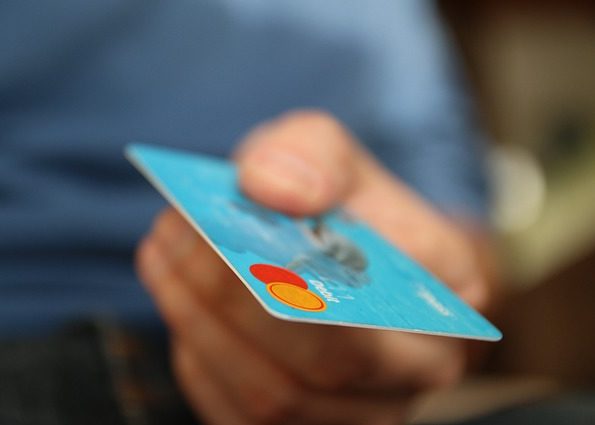Gone are the days when cash was king, when we carried a wad of 1000 Rs. notes if were headed out for festival shopping. The Indian Government has declared the scrapping of existing 500 Rs. and 1000 Rs. notes and limited the amount which can be withdrawn from ATMs per day. This was done as a measure to curb the rampant parallel economy which corruption is causing in our nation. Kudos to the Government for taking such a bold step at the risk of backlash against them. But, what does this mean for the common man?

An average middle class person is very much dependent on cash for his or her daily expenses, and considering that eating out or doing a monthly shopping means shelling out money in 1000s, it would be an inconvenience to carry around bundles of 100 rupee notes every time we go out. Agreed that the Government will be re-introducing 500 Rs. and 2000 Rs. notes soon enough, but practically them coming into circulation would take a while. Hence, the plan B. Go Digital.
Since the announcement on 8th evening, digital wallet companies like Paytm, MobiKwik are rejoicing. According to a statement released by Paytm, it had a 435 percent increase in site traffic after the Prime Minister’s announcement. The company also observed a 200 percent hike in app downloads, and 250 percent surge in overall transactions. The number of saved cards also grew by 30 percent, with a claimed 1000 percent growth in money added to the wallet. MobiKwik also claimed a 40 percent increase in registrations in the last 18 hours.
Ola founder and CEO Bhavish Aggarwal states, “As a nation, this is our first major step towards a cashless economy, bringing convenience and transparency for every Indian,”. “This will boost innovation in the nascent electronic payment industry,” adds Manavjeet Singh, CEO and founder of lending platform Rubique.
If this translation from a cash based economy to a largely cashless one is done well, the cost of doing transactions between buyers and sellers is predicted to decrease significantly by 2019.

A major sector welcoming this change is the e-commerce industry. Cash-on-delivery option has been discontinued by many sites for now. Major e-commerce players including Flipkart, Amazon and BigBasket have stopped the cash-on-delivery mode of payment following the government’s decision to scrap the existing Rs. 500 and Rs. 1,000 notes in the country. Several food delivery portals have also stopped the CoD mode and have urged their customers to choose alternative mode of payments such as debit/ credit cards or payments through wallets. Many key players in India’s e-commerce industry saw the dependence on cash as a major inconvenience. This move will bring down the cost for many dealers as Cash on Delivery leads to increased logistics costs and risks.
The whole issue will be an inconvenience in the initial days for e-commerce companies that receive a huge share of their payments through Cash on Delivery mode, but in the long run this shift only brings positive changes.
Cash on Delivery is predicted to come down by a large margin, especially around the Rs. 3000 to Rs. 5000 range where e-cash will completely take over.
The government’s policy to reduce cash usage will also result in increase in upper limit of digital wallets. As a result, wallets will now be the most convenient method to carry out our electronic payments. As a measure to boost their clients, e-wallet companies are planning to improve the speed and efficiency of payments so that more people are attracted to the features.
This change is not just going to be on the consumers’ side, even merchants are going to do the shift to cashless payments because tendering change is a big hassle for merchants. Taking payment in cash would mean merchants carry huge amount of Rs 100 notes which increases risk and is time consuming.
Of course, you could go back to being a typical cash dependent Indian in a few weeks, the new 500 Rs. and 2000 Rs. will be in circulation. But, it won’t be the same. Imagine a situation where you eat out at a restaurant and pay a bill of 900/-. Not only will you have to carry around four 100 rupee notes apart from a 500/- rupee one, you will be returned change of eleven 100 rupees’ notes.
The world already has moved on to a cashless economy. Though this move by the Government was mainly a war against corruption, let us utilize this opportunity to move on from cash. Gone are the days of carrying around cash and risking thievery or misplacement. Fare thee well cash. All hail the King- Digital money.






